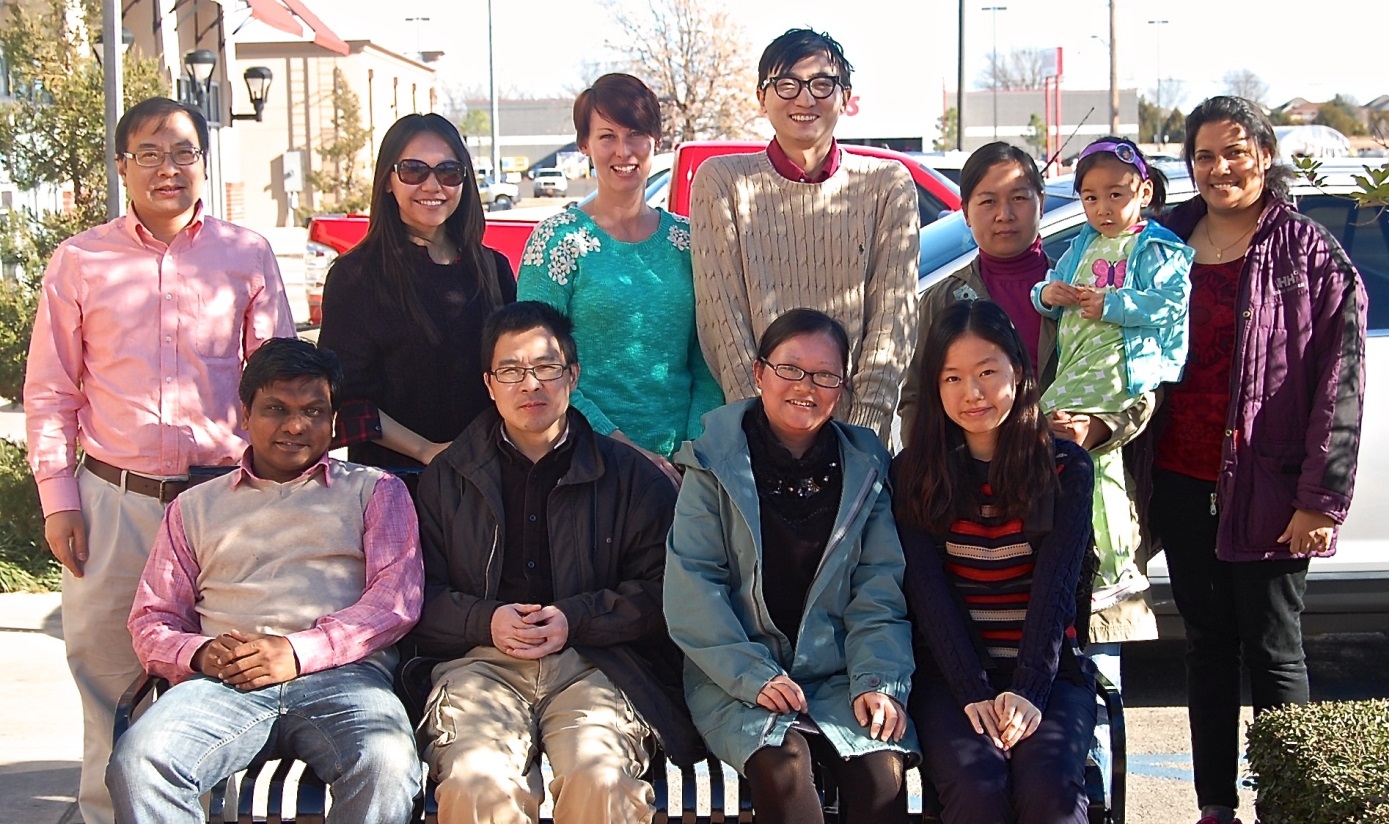About Us
Lung Biology and Toxicology Laboratory (LBTL) was established in 2000 and was renamed Lundberg-Kienlen Lung Biology and Toxicology Laboratory in 2008 due to the generous support from the Lundberg-Kienlen endowment. The mission of LBTL is to understand the pathogenesis of pulmonary diseases and to develop diagnostic tools and therapeutics for them. These diseases include pulmonary diseases caused by respiratory pathogens such as influenza virus, idiopathic pulmonary fibrosis (IPF), chronic obstructive pulmonary diseases (COPD), acute respiratory distress syndrome (ARDS), bronchopulmonary dysplasia (BPD), and bovine respiratory disease (BRD).
The current research projects in LBTL are divided into three general areas: pathogenesis of pulmonary diseases with a focus on microRNA and LncRNA, influenza and bacterial infections with a focus on host-pathogen interactions, and stem cell-based therapy with a focus on iPSC and MSC. The LBTL projects involve multiple levels from gene to whole animal. Major techniques used include RNAseq, DNA and microRNA microarray, proteomics, RNA interference, CRISP-Cas9 system, cloning, real-time PCR, western blot, immunostaining, various biochemical, molecular and cellular techniques, physiological parameter measurement using Flexivent, transgenic and knock-out mice, animal models of pulmonary diseases (bleomycin for IPF, cigarette smoke for COPD, hyperoxia, ventilator-induced lung injury, bacterial and influenza infections for ARDS or BPD), and in utero and lentivirus/adenovirus-based therapy. LBTL has been supported by various funding agencies such as National Institutes of Health, U.S. Department of Agriculture, Centers for Disease Control and Prevention, American Heart Association, March of Dimes Birth Defects, Oklahoma Center for the Advancement of Science and Technology, and Oklahoma Center for Adult Stem Cell Research.
As 2015, LBTL has trained 23 post-doctoral fellows, 20 Ph.D. students, and 34 undergraduate/professional students. LBTL trainees received 9 fellowships from NIH and the American Heart Association, 32 grants and 40 various awards from organizations including American Physiological Society and the Society for Experimental Biology and Medicine during their stay in LBTL.

